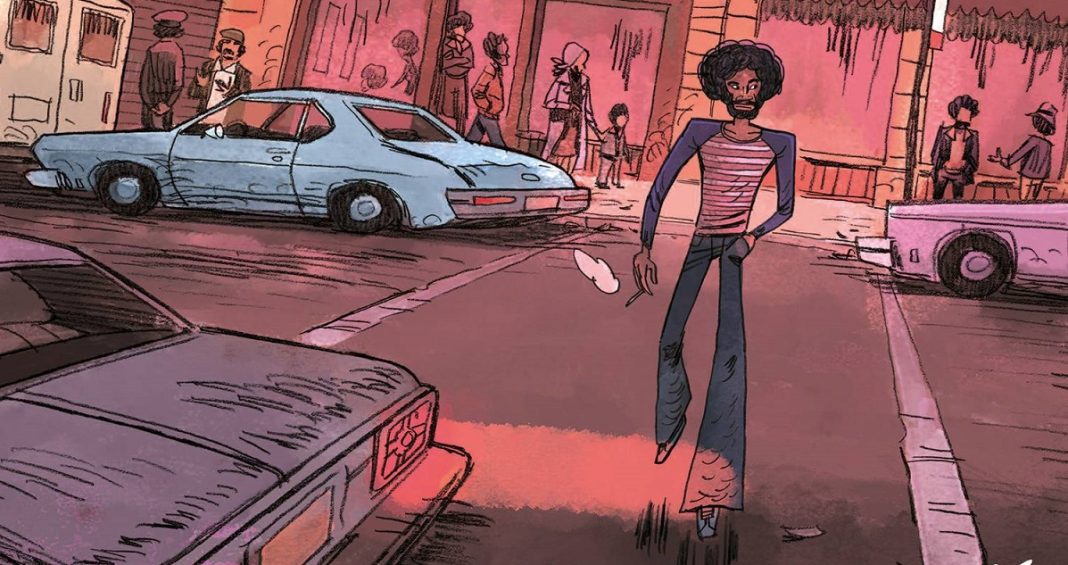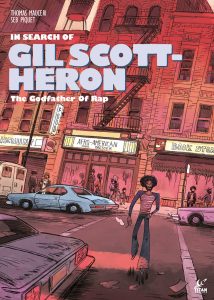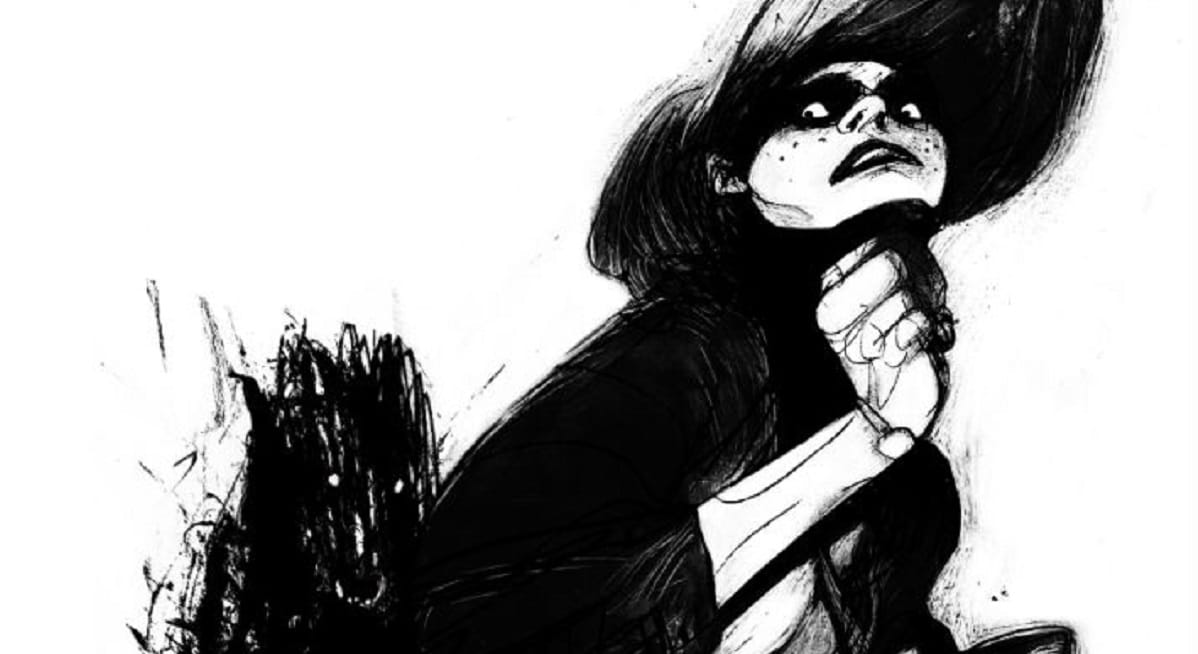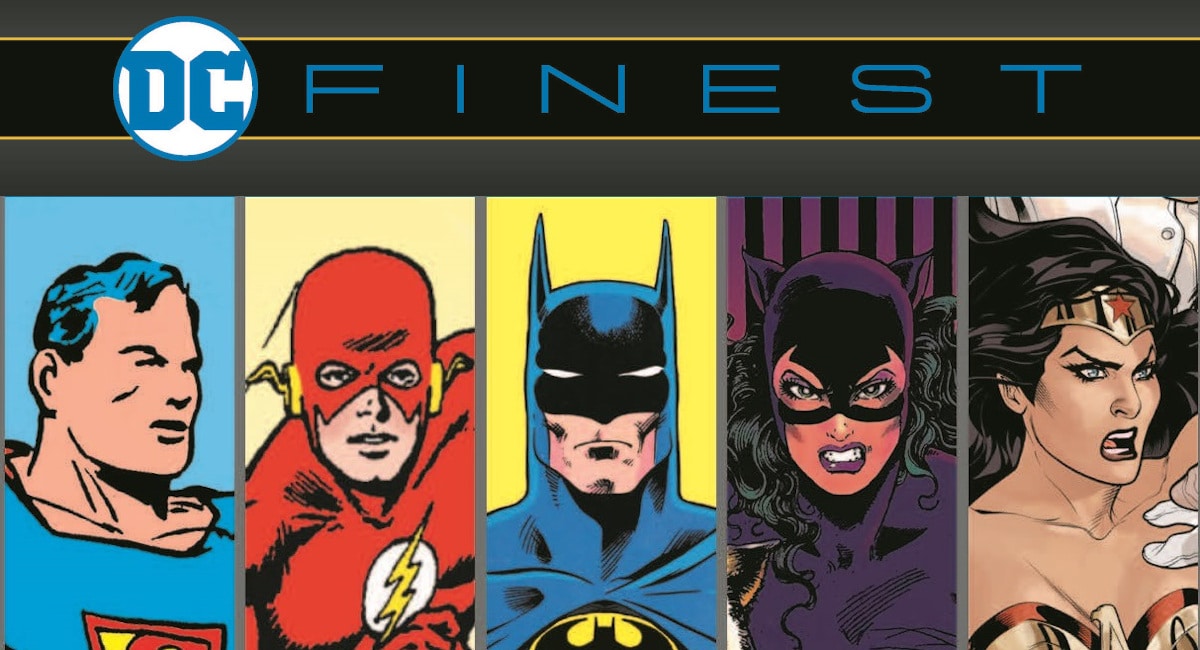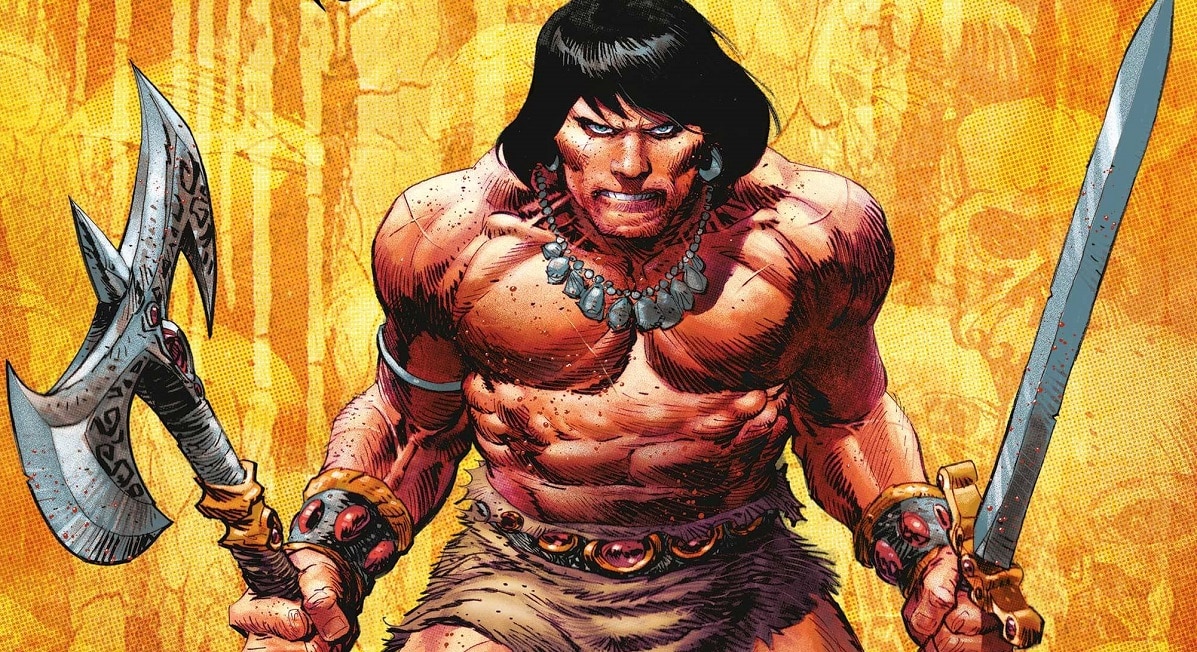 In Search of Gil Scott-Heron
In Search of Gil Scott-Heron
Writer: Thomas Mauceri
Artist: Seb Piquet
Translator: James Hogan
Letterer: Lauren Bowes
Publisher: Titan Comics
Gil Scott-Heron was a complicated figure. Largely known for his spoken-word poetry (in particular ‘The Revolution Will Not Be Televised’) that helped to birth Rap and Hip Hop as we know it, Heron spent a better part of his life frustrated by the genre, and his subsequent nickname of the ‘Godfather of Rap.’ He spent years railing against the horrors of substance abuse, only to eventually become trapped by it himself toward the end of his life.
Thomas Mauceri explores these contradictions, along with artist Seb Piquet and letterer Lauren Bowes, throughout In Search of Gil Scott-Heron, a hybrid biography/memoir that mixes the story of the so-called ‘Godfather of Rap’ with the author’s own journey to discover meaning in his life.
The book isn’t unlike some of Heron’s poetry. The structure is a bit confusing at first, launching us right into the subject with little warning. Yet, once we adjust and figure out the pattern of the piece, it becomes more easily digestible and understandable.
In Search begins with Heron’s death, on the day where Mauceri was meant to have met him for the first time. Mauceri, a French Documentarian, had spent years tracking Heron down in an attempt to make a film about him, only for him to unfortunately pass just before they had planned to meet. We then watch a very strange scene unfold; Mauceri, a man who barely knew Heron, has to call Heron’s friends and loved ones to let them know he’s passed, as he sits inside Heron’s apartment.
It’s a surreal experience, and one that Piquet depicts well. As friends come by the apartment to mourn, Piquet shows Mauceri as distant from those around him, with a significant amount of space between himself and the mourners in the apartment. He seems smaller, less sure of himself and his place in this world. This continues into the funeral, where he sits isolated in the back, while subdued blues and grays creep in around him. It’s a well utilized device, and one that’s flipped on its head at the end once we and Mauceri find some sense of closure, however brief it might be.
We then move into the meat of the book, which jumps between flashbacks to Mauceri’s life, interspersed with snippets of Heron’s own life and brief musical interludes showcasing some of Heron’s more famous pieces. In these single page interludes, Mauceri balances lyrical analysis with a focus on collaborator Brian Jackson’s powerful compositions, which were just as essential to Heron’s pieces as his vocals. Piquet flexes his muscles on these pages, with evocative scenes that capture the heart of the piece being discussed.
The journey through Mauceri’s life provides context and perspective on why he began following the life of Heron, moving through Mauceri’s experiences as a foreign exchange student in America, while contrasting that with Heron’s own time in college. As Mauceri has to contend with anti-immigrant and racist sentiments before and after 9/11, he learns about Heron’s life, and becomes fascinated by the many contradictions.
The story flows well, but again, there’s that bit of structural wonkiness that takes a little bit to get used to. However, it’s not a difficult read, which is helped by the translation of the text James Hogan has put together. There are a few moments where the phrasing reads somewhat strange, but it’s not glaring, and doesn’t take away from the read as a whole. Bowes’ lettering is straightforward and clean, perfect for the style of this book.
At the end of the day, this is a fascinating read. There’s a supplemental discography written by Dorothée Nolan that adds great detail to Heron’s life where Mauceri was unable to mention it. If it hasn’t been clear thus far, this book is the documentary Mauceri originally set out to make. The personal feel of the story itself, coupled with Piquet’s expressive characters and control over colors, give a full picture of Heron’s life, with the added benefit of getting to learn about Mauceri’s interesting life and his own personal journey.
Check The Beat’s review section for a new graphic novel review each week in 2023!


